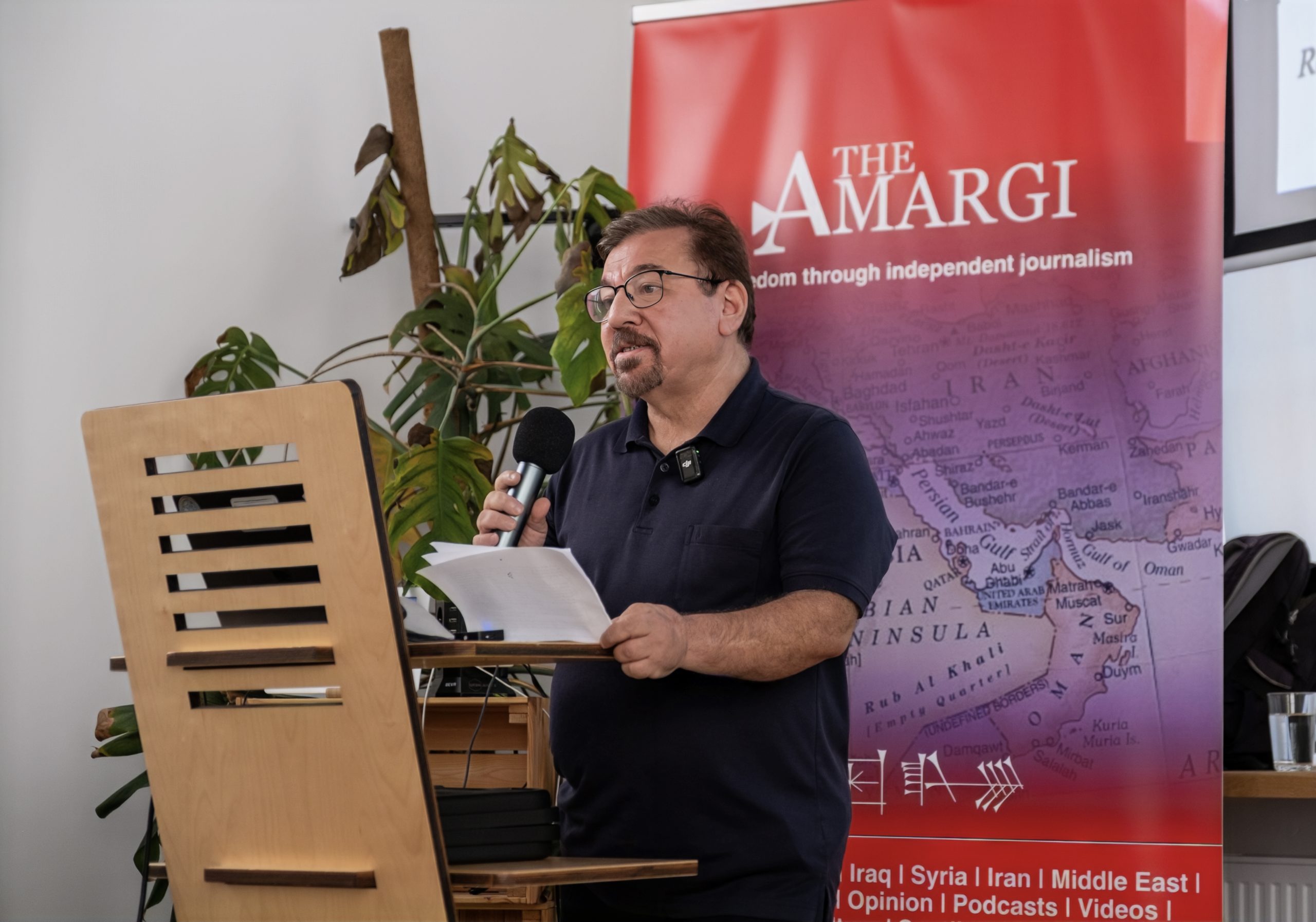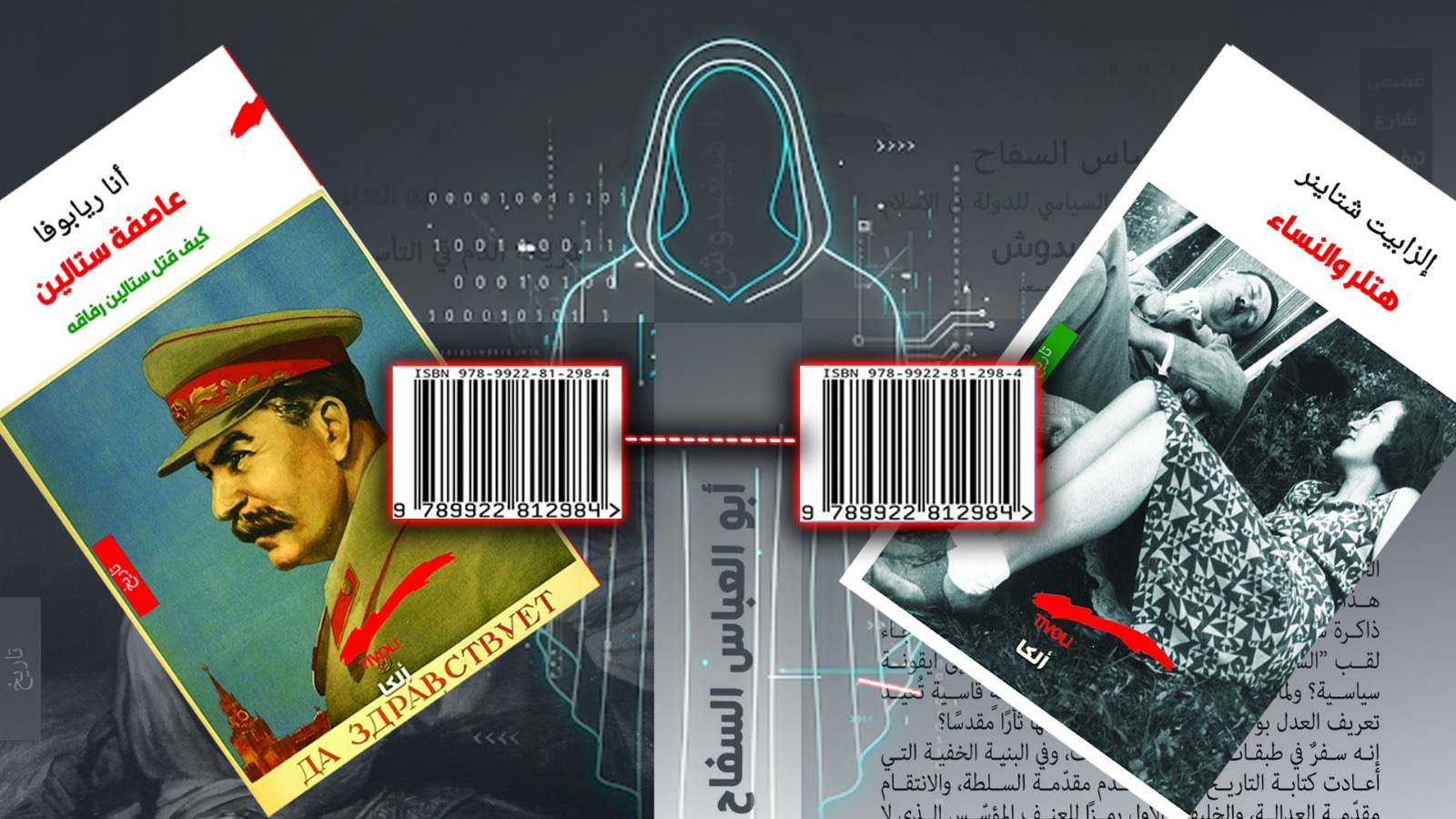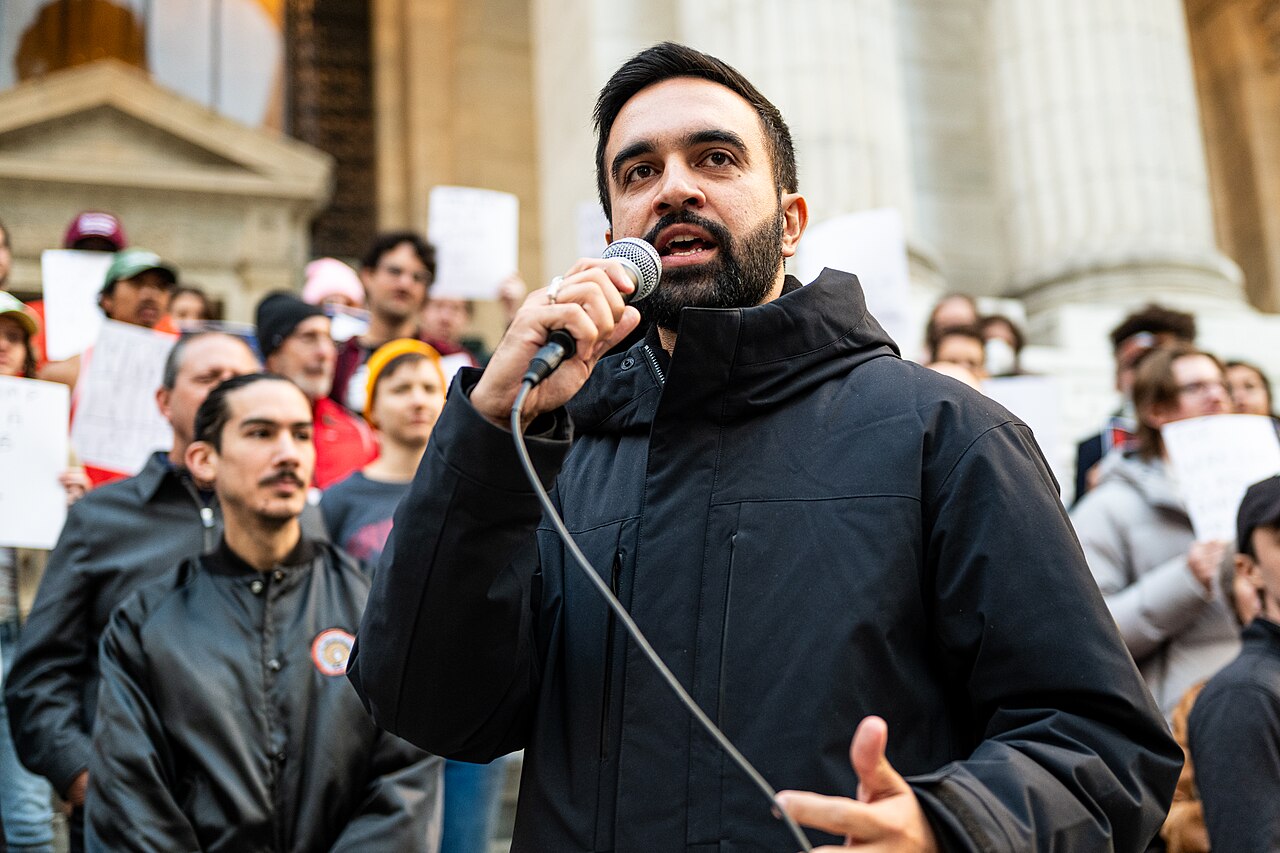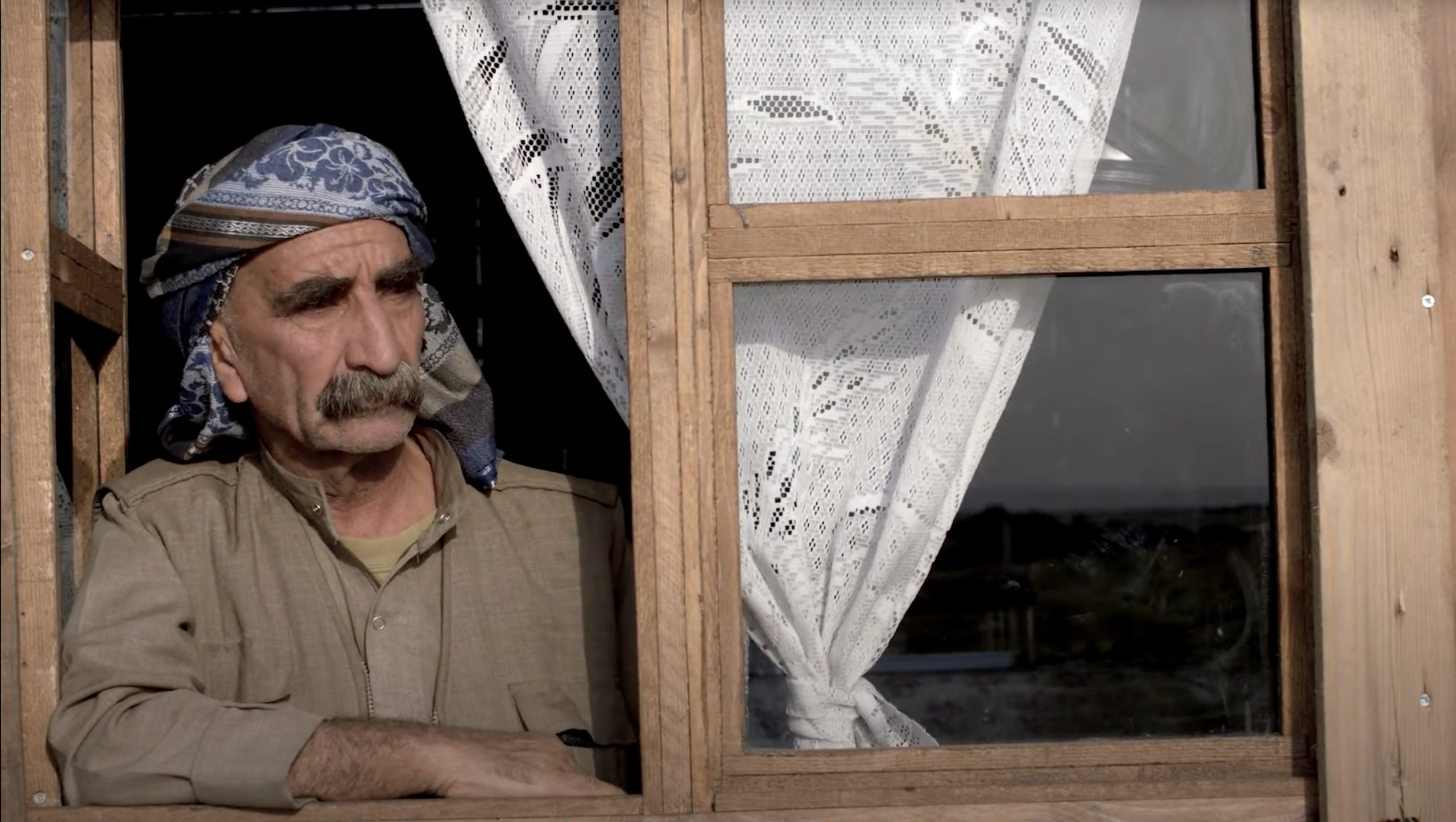The Intellectual and Exile, a speech by Bachtyar Ali

This speech was delivered by Bachtyar Ali as the Keynote Address for the Launch event of The Amargi on 20th September 2025. Translated by Renwar Najm
One of the masterpieces of the Kurdish classic literature is the poetic exchange between Nalî and Salim: a long poem by Nalî addressed to Salim, and Salim’s famous reply to exiled Nalî.
Perhaps it is the clearest and earliest Kurdish text written from exile to the homeland. In terms of structure and imagery, the text is a literary masterpiece, but at the same time, it marks the beginning of a particular type of culture in the relationship between homeland and exile: a nostalgic culture, a connection built on expressing the pain of distance, the suffering of estrangement, and the recollection of the past.
This nostalgic culture, which initially engages with exile, later develops into what can be described as a “trend culture.” By the late twentieth century, when Sherko Bekas composed his long, celebrated poem The Butterfly Valley, he was still writing within the same vibe and form of relation to the past as Nalî: exile as a land of suffering, and homeland as the cradle and repository of cherished memories.
This negative image of exile is not unique to Kurdish literature, but rather a characteristic of Middle Eastern literature more broadly.
This negative image of exile is not unique to Kurdish literature, but rather a characteristic of Middle Eastern literature more broadly.
Abdelrahman Munif, the great Arab novelist, writes in his novel East of the Mediterranean: “Exile means to be killed without dying.” Or, the Egyptian writer Radwa Ashour says: “Exile is to be outside of place, outside of time, and outside of your very self.” Even a major thinker like Edward Said, who wrote more profoundly than any other Middle Eastern intellectual on the relationship between intellectuals and exile, saw many positive dimensions in exile. Yet, in his writings, he continually returned to that mournful tone and voice. In his book Reflections on Exile, he states: “Exile is the unhealable rift forced between a human being and a native place and the loved ones.” And in his other book titled Out of Place, he takes this even further and deeper, writing: “When you lose your homeland, you realize that you have not only lost a place, but your entire sense of stability and identity has been shattered.”
It is striking that even a part of Western thought and philosophy has projected a similarly tragic and dark vision of exile. Most of the classical and modern definitions of exile dwell on its tragic dimension, portraying it as a form of brutal rupture, an expulsion and banishment. Gilles Deleuze, for example, in one of his seminars on Foucault, considered those afflicted with leprosy, those who were segregated and confined to quarantine, as the perfect embodiment of exile, stating: “The leper was the perfect and pure image of exile, cut off from society. The leper colony was a function of ‘exile’.”
Giorgio Agamben pushes this association of the diseased and quarantined with exclusion even further when he likens refugees and the stateless to the homo sacer of ancient Rome, those who possessed no rights, whose killing carried no punishment.
The experience of Middle Eastern writers with exile has been very problematic.
This dark conception of exile has its own evident causes and background. The experience of Middle Eastern writers with exile has been very problematic. Our writers and intellectuals, once distanced from the homeland, always find themselves caught between two harsh realities, compelled to navigate two conditions, each carrying with it a chain of further profound struggles.
First: a profound sense of guilt toward the societies we have left behind, a feeling of responsibility that has been shaped among intellectuals by a number of historical factors. Without understanding this “sense of indebtedness and guilt”, it is impossible to properly read the past fifty years of the relationship between intellectuals and the homeland. Many Kurdish writers and intellectuals have silently accepted this condition of “indebtedness” and “guilt,” carrying it as a form of inner and psychological assertion. It has shaped the very substance of their intellectual and academic work, and much of their production bears traces of an attempt at a symbolic self-purification.
The feeling of guilt for seeking refuge, protection, and life on foreign soil is no less heavy than the guilt we feel toward our own societies.
Second: the way of dealing with the countries of exile as a place that do not accept us, that refuses us shelter, that continuously push us out and keep us on the margins. This is the great challenge faced in exile from beginning to end. Many of us have accepted this condition of marginality. We have come to accept living as eternal strangers, dwelling in the margins of Western culture. The feeling of guilt for seeking refuge, protection, and life on foreign soil is no less heavy than the guilt we feel toward our own societies. In my view, over the past thirty years, European racism has managed to instill this very sense of guilt in most refugees, marking them as displaced, as indebted, as guilty.
These two feelings have inflicted a devastating wound upon the role of intellectuals, both at home and abroad.
In my own work as a writer, I have always sought to cleanse exile of such tragic and dark interpretations. At the beginning of the twenty-first century, in my book The Fatal Reader, I wrote an essay entitled “If You Do Not Want to Be a Stranger Like Nalî”, in which I offered a sharp critique of this understanding of exile. By this I meant that this nostalgic relationship must be transformed into a new and productive one. Exile is not only darkness, suffering, and rupture; it can also be envisioned as a condition that is positive and generative.
Exile can be a space from which we cultivate a clearer moral vision of the world…
In my view, intellectuals in exile, by virtue of the position they inhabit, can articulate a different perspective, one that stands out both for Middle Eastern societies and for the West. The fact that we can be strangers everywhere grants us a unique gaze: it allows us to see our own societies differently, and to see exile itself anew. The insights that exiled intellectuals generate about their own communities are not easily produced from within. Exile can be a space from which we cultivate a clearer moral vision of the world, enabling us to better discern what we must resist and which values and norms we must defend.
Exile is not a fixed condition, nor can it be given a single permanent meaning upon which to dwell. Its true significance lies in its constant transformation. The meaning of the term unfolds stage by stage, with each period marked by profound change.
Today, the experience of exile moves in two very different directions – directions that, at first glance, appear contradictory and in conflict. Yet if examined more deeply, we find that they ultimately complete one another.
Gradually, exile as the experience of “distance and separation from the homeland” no longer retains the same meaning. A new level of reality has emerged, one in which each of us lives daily through what is called the virtual reality or the “digital world.” Day by day, moment by moment, we encounter all the news from the homeland and share the same emotions experienced by those who live there. We are able to make connections once considered impossible, speaking with friends and loved ones, exchanging thoughts and opinions with them on a daily basis. In short, to view exile merely as a state of detachment from the homeland and of ignorance of its struggles has lost all meaning. That condition of unawareness, which once defined the exiled person, no longer exists.
In other words, this digital closeness does not erase exile, nor does it overcome the condition of alienation.
Yet this nearness to the homeland, this daily exposure to all its events, does not amount to the complete dissolution of exile. The mental, cultural, and psychological walls that arise in the lives of intellectuals and others remain in place; they prevent us from fully passing through the strangeness and alienation that define our relation to the homeland’s political and cultural reality. The digital world may shorten the distance between us and events back home, allowing us to feel, almost daily, as if we are present there. But the deeper rupture, the difference between our worldview and the dominant worldview of that place, the spiritual and cultural estrangement, persists unchanged. In other words, this digital closeness does not erase exile, nor does it overcome the condition of alienation.
I never regard this spiritual and cultural alienation as something negative, painful, or dark. On the contrary, it is a form of opposition to the dominant reality – that is, to the oppressed system of power and the culture of domination that prevails there. Exile is a generative force, and we can truly say that we live in exile only when we become carriers of an alternative worldview. Those who persist in reproducing the same old mentality and sentiments in exile have merely changed their location, not transformed their world. This estrangement and rupture are essential conditions of birthing a human who is able to rethink about freedom and his rights in new ways.
Here I can borrow the words of one of my favorite Latin American writers, the Paraguayan author Augusto Roa Bastos, who once said: “Exile was one of the foundations of freedom in Latin America.” In my view, in exile we live a particular form and shape of freedom that equips us to resist dictators and conservative forces at home. Exile, unless it is transformed into a fierce critique of the world in which we live, means that we are not truly living in exile.
Allow me here to make slightly ironic conclusion. The Romanian-French writer Emil Cioran remarked: “The homeland is the place where one does not need to think.” If we take Cioran’s statement seriously, then exile becomes the place where one must think. Exile is an open and liberated space for reflection, for saying all that could not be said, and for seeing all that could not be seen.
Viewing exile as a crisis, as a problem, often emerges from a sense of solidarity with the exiled, from the recognition that they are being pursued, that in their homelands they lack full freedom of expression, or that in the places where they seek refuge, they are not treated as human beings. Yet if we look beyond this humanitarian discourse, framing migration or exile primarily as crisis has at its core deeply right-wing and conservative roots. As the great Chinese artist Ai Weiwei has stated: “Migration is not a crisis; migration is humanity in motion.” In short, the history of humanity is inseparable from the history of migration, just as the history of human struggle for freedom is inseparable from the history of exile.
More broadly, exile may mean expulsion from one’s country or native land, as the German writer Anna Seghers has suggested, but it is not expulsion from history. We may not always be able to intervene directly in political realities from exile, but we can certainly work on history. To be expelled from a country is easier than to be erased from history; no one can cast us out of history unless we ourselves, through silence, allow it.
To conclude this brief contribution, I would say that our intellectuals in exile carry a dual responsibility, two distinct ways of participating in history. On the one hand, we must engage with the great questions of our own societies. These questions are not merely surface-level political issues, nor are the problems of our societies reducible to purely political concerns; the questions are also cultural and intellectual in nature. On the other hand, we have the right to speak on the great issues of the world at the same level as other intellectuals across the globe. Today, a powerful form of cultural racism dominates the world, silencing the voices of writers and thinkers outside the West. The struggle against this racism is a major responsibility of exiled intellectuals, for the challenges we face today are not only local; the force of global problems weighs no less heavily than local ones on the fate of our societies.
Middle Eastern intellectuals are caught between two major struggles: one against silence within our countries, and another against marginalization and silencing on a global scale
In short, Middle Eastern intellectuals are caught between two major struggles: one against silence within our countries, and another against marginalization and silencing on a global scale. Intellectuals are not athletes competing in the same arena; each has their own field, their own focus, their own questions. Yet the very work of intellectual life is built upon and emerges from the collective outcome of these diverse efforts. It is precisely this diversity and independence that makes it possible for us to come together, to read one another, to remain aware of each other, and to engage in ongoing dialogue.
Intellectual life rests upon two essential pillars. The first is the work that each of us individually produces within our own fields and areas of focus. The second is the broader dialogue that enables those works to reach further, to resonate more widely, and to be more deeply understood. If an intellectual cannot create this inner dialogue between texts and ideas, it becomes impossible to build a shared space where thought and knowledge can emerge as effective forces. The greatest catastrophe within Middle Eastern intellectual life is the absence of such dialogue, the failure to place writings and ideas into conversation with one another. Kurdish intellectual life, and Middle Eastern intellectual life more broadly, has too often been marked by what I would call “text-killers”, where texts remain isolated. Because only within continuous scholarly dialogue can a text reveal both its true impact and its deeper meaning.
I hope that this conference, and similar events, provide a lasting space for peaceful, scientific and sustained dialogue among our active writers and academics, so that we may better understand our place in the world. It is true that we live in exile, but we remain deeply embedded in history, and it is our responsibility to speak from our perspective to the spirit of our time. I wish success to all, and I hope that this event proves fruitful. Thank you for granting me the opportunity to share these reflections with you. I extend my best wishes for the success of the conference and for the contributors of its panels and discussions.
Bachtyar Ali
Bachtyar Ali, a leading novelist, poet, and essayist, is celebrated as one of the most influential contemporary Kurdish authors. Best known internationally for The Last Pomegranate Tree, he has published over 40 works of fiction, poetry, and criticism, including 12 novels. His writings have been translated into numerous languages, from Arabic and Persian to German, Italian, and English. In 2017, he became the first author writing in a non-European language to win the prestigious Nelly Sachs Prize.



